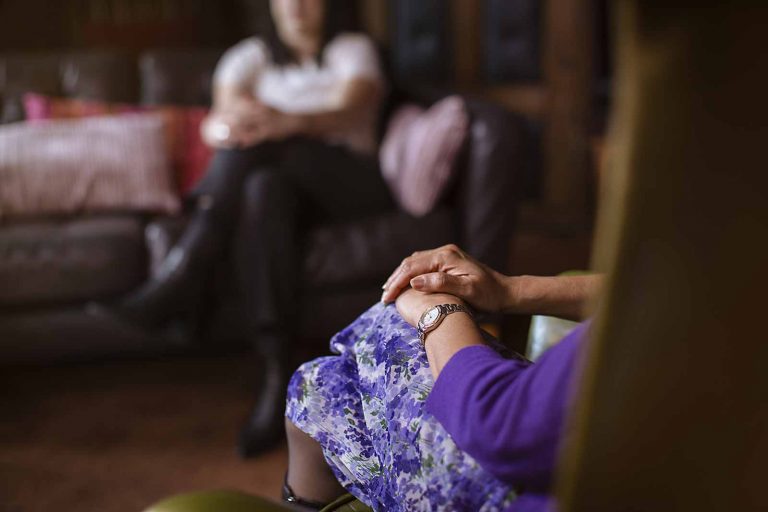OCD
What is OCD?
Obsessive Compulsive Disorder (OCD) is the fourth most common mental illness after depression, addictions and social phobias. Approximately 1 in 50 adults and 1 in 200 children suffer from OCD.
Sufferers of OCD have persistent, recurring and unwanted thoughts about feared situations (obsessions), which they often attempt to fight with mental or physical rituals. These can include excessive repetition of actions such as washing, checking or counting, or agonising ruminations (compulsions).
OCD affects males as frequently as females. Its average age of onset is around 20 years old, but studies have shown that it takes up to 7-8 years for someone to ask for treatment for OCD.
The symptoms of OCD start with behaviours that may seem quite small but over time they can escalate. They can be triggered by a personal crisis, by abuse or by something negative that affects you. Examples can include bereavement or being made redundant. OCD symptoms include obsessions and compulsions or both.
Symptoms of OCD
- Fear of shameful behaviour
- Fear of Death or disaster
- Fear of causing “bad things” to happen
- Fear of Contamination
- Fear of sexual thoughts
- Symmetrical arrangements
- Intrusive thoughts & images
- Unsatisfactory body image
- Counting compulsion
- Checking (taps, locks etc)
- Measuring
- Repeating actions or tasks
- Confessing imaginary “sins”
- Hoarding
- Washing / Cleaning
Causes of OCD
There has been a great deal of research but so far scientists have been unable to identify a definitive cause for why a person develops OCD. You are more likely to have OCD if you have family members with the condition or other mental health problem such as anxiety or depression.
Treatments for OCD
Cardinal Clinic has extensive experience in the treatment of OCD and we offer a full assessment and individually tailored treatment plan involving:
Individual Therapy: This is generally with a Psychologist. During the therapy you will look to understand the reasons for the compulsions and to learn to treat the OCD. The most common form of treatment is Cognitive Behavioural Therapy (CBT). Exposure therapy can also be used if the therapist feels this is appropriate.
Group Therapy: A group is a powerful way of helping sufferers, as it helps them to identify that they are not alone and that there are other people with similar issues. Group treatment can also allow patients to learn from other patients to see what has and has not worked for them with regards to treatment.




Medication for OCD
OCD is usually treated using psychological therapies, however, sometimes it may be necessary to include medication. The main medicine that is prescribed is a type of anti-depressant called SSRIs. These can improve the symptoms of OCD by increasing the levels of a chemical called serotonin in your brain. You may have to take the medication for several weeks before you notice an improvement in symptoms. You should not stop taking the medication without speaking to your psychiatrist as stopping them suddenly can cause side effects.
Therapy Approach for OCD
A therapist can work with you on a 1:1 basis to understand the reasons for your OCD. They will identify the most appropriate psychological therapy, usually CBT and discuss a treatment plan with you. As with all interventions, it is important that you work together and are willing to affect change.
Outcomes
For some people, after treatment, the symptoms will go away. Others may find the symptoms are greatly reduced and no longer impact on their daily life.
We're here to help you
Call Cardinal Clinic on 01753 910729
Or refer yourself for care, make an enquiry
or arrange a free nurse consultation via our
help hub.
A calm environment dedicated to your care
Rated ‘Outstanding’ for care and overall ‘Good’ by the Care Quality Commission, Cardinal Clinic works tirelessly to offer an elevated patient experience from exquisite and fresh chef-prepared meals, to comfortable and relaxing accommodations. Situated in a private estate in the heart of Windsor’s green belt, residential in-patient care, day care and out-patient services are offered.


